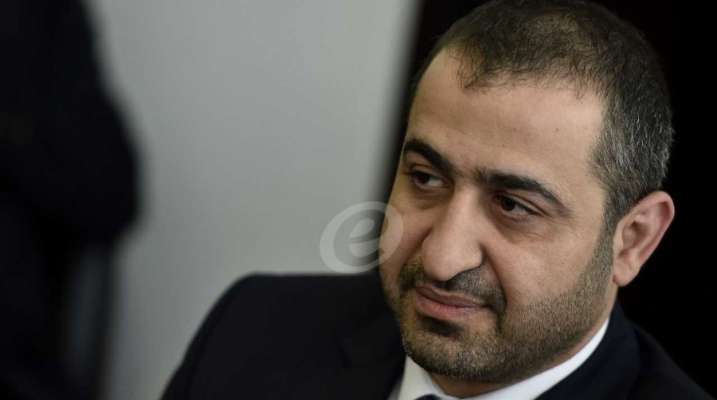Strong Lebanon bloc member Ghassan Atallah confirmed that “it is not surprising that Sameer Jaagea, head of the Force Party, reminds people of his hostile rhetoric and creates a painful memory for Lebanese society. heard about Geagea’s position on the issue of displaced persons.” Or even against Israeli aggression, as well as the demarcation of maritime borders and oil wealth, and this is because he considers Israel to be his ally”, noting that “Geagea drags Lebanese society into conflict because of his hatred and leads the country to clashes without any vision of the future” to save the rest of Lebanon.
In a radio interview with South al-Mada, he stressed: “It is important for the President of the Republic to have the largest parliamentary bloc and the largest popular representation. We cannot bring in a president who is hostile to one of the sects, or who is popular with less than 30% of the Christian community,” noting the position of the head of a political party. The “progressive socialist” Walid Jablat said: the latter, and it was clear how he dealt with Geagea, and indeed the Lebanese Forces no longer have an ally on Lebanese soil, so Clemenceau’s meeting with Hezbollah is an indicator of Openness for all parties in the search for solutions .
Regarding the formation of a new government, Atallah explained: “This issue is not about Geagea at all, and evidence of this is that he did not mention this right in his speech and provides cover for President-designate Najib Mikati. for not forming a government, which, in turn, evades formation along with the order paper.
Regarding the case of the return of displaced Syrians to their country, he stressed that “there is an international consensus to keep displaced people in Lebanon against the will of the Lebanese, knowing that they are a time bomb on Lebanese territory. On the other hand, we do not see a unified position on the issue of their return to their country, and this decision should be taken by the government collectively and united by a unified position in cooperation with the Syrian state, and the responsibility does not fall on one minister, since the interests of Lebanon require the return to Syria the largest number of displaced persons”, noting that “the assistance that goes to the displaced persons is divided into two parts, the first is distributed among the displaced persons, and the second is directed to the associations that benefit from the presence of these displaced persons in Lebanon”.
Source: El Nashra
